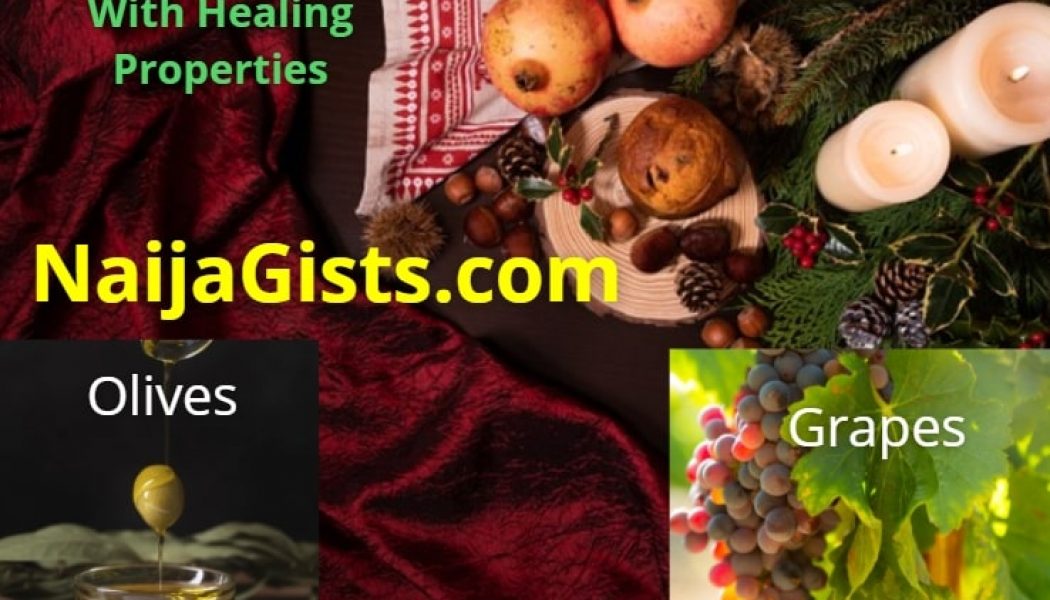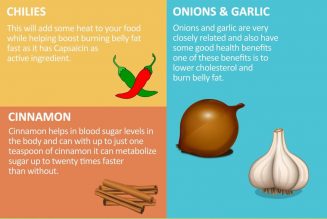Pomegranate
For the Lord your God is bringing you into a good land, a land of brooks of water, of fountains and springs, flowing forth in valleys and hills; a land of wheat and barley, of vines and fig trees and pomegranates, a land of olive oil and honey. (Deuteronomy 8:7-8)
Tasty, messy and just recently gaining ground in the American market these past few years, several research studies have shown that pomegranates contain strong anti-inflammatory, anti-oxidant, anti-obesity and anti-tumor properties. According to researchers, “Many beneficial effects are related to the presence of ellagic acid, flavonoids, anthocyanins, and flavones, which seem to be its most therapeutically beneficial components.” Subsequently, pomegranates are being considered valid treatment options for chronic diseases such as cancer, insulin resistance, intestinal inflammation and obesity.
Fermented Grape
May he kiss me with the kisses of his mouth! For your love is better than wine. (Song of Solomon 1:2)
I can’t make a list of top Bible foods without including grapes. Several epidemiological studies have shown that moderate alcohol intake, particularly drinking red wine, may lower the risk of cardiac mortality due to atherosclerosis. (9) The general recommendation is no more than one (five ounces) of red wine per day except for men under the age of 65 who may be able to have two drinks per day.When grape juice is fermented, natural anti-oxidant and flavonoid properties are exemplified through a substance called resveratrol. Consequently, researchers have focused much of their attention on evaluating the health benefits of resveratrol in recent years, which has been linked to chronic disease prevention and treatment including diabetes and obesity.
Olives and Olive Oil
Then it shall come about when the Lord your God brings you into the land which He swore to your fathers, Abraham, Isaac and Jacob, to give you, great and splendid cities which you did not build, and houses full of all good things which you did not fill, and hewn cisterns which you did not dig, vineyards and olive trees which you did not plant, and you eat and are satisfied. (Deuteronomy 6:10-11)
The Jews were the elite olive merchants of their day. During antiquity, this precious commodity was used for its healing capabilities, for cooking, to light lamps, for soaps, for cosmetics and even for currency. Olive oil was considered so sacred to ancient culture that it was even used to anoint kings and priests. Hence, the Hebrew for Messiah, Moshiach, meaning “anointed one!”
Research has been conducted that proves regular consumption of olives and olive oil contributes to heart, brain, skin and joint health. They have even been linked to cancer and diabetes prevention. Needless to say, this sacred foodstuff has lived up to its ancient reputation!.











